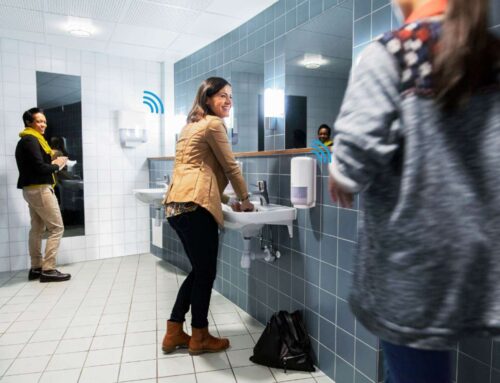Is Solar Energy right for you?
 Solar energy is making strides in the Sunshine State, with more cities and local businesses investing in the technology. The City of South Miami most recently increased their support, passing a groundbreaking law that requires new homes to install solar panels. Effective September 16th, the law however stopped short of commercial buildings. Though solar power poses many benefits, there’s more to consider for commercial properties, with their higher energy demands. To decide whether your facility is ready to go solar, here are some factors to explore.
Solar energy is making strides in the Sunshine State, with more cities and local businesses investing in the technology. The City of South Miami most recently increased their support, passing a groundbreaking law that requires new homes to install solar panels. Effective September 16th, the law however stopped short of commercial buildings. Though solar power poses many benefits, there’s more to consider for commercial properties, with their higher energy demands. To decide whether your facility is ready to go solar, here are some factors to explore.
Practicality:
When it comes to generating solar power, not all buildings prove equal. Be sure to calculate the usable sunlight hours available to your property. Applications like SunCalc can help determine how much useable sunlight your building receives. Also consider the actual architecture of your building, as roof design greatly impacts the space available for solar panels. A Google application called Project Sunroof offers a handy way to calculate your roof’s real estate.
Cost:
Advances in technology make solar power more affordable than ever. According to the Energy Information Institute, the cost of installing a solar photovoltaic system has dropped by at least 12 percent, and prices are down 66 percent from 2010. Installing the equipment, however, still attracts a significant price tag up front. Calculate your facility’s average energy needs, and explore whether typical usage compares favorably with installation costs and the long-term reduction in energy expenses. Currently, Florida does not allow you to lease solar panels from third-party providers – a practice that has driven down the cost in other states. Many panel providers, however, are offering low-interest payment plans to reduce the initial expense.
Incentives:
Government incentives at the national, state and local levels can go far in reducing your initial investment into solar power. The federal solar tax credit allows you to deduct 30 percent of your installation cost. The state has also extended its renewable energy tax break to commercial properties, making renewable-energy equipment exempt from property taxes. Funded by the U.S. Department of Energy, the DSire database provides a convenient way to search for all the solar energy incentive programs available in your area.




